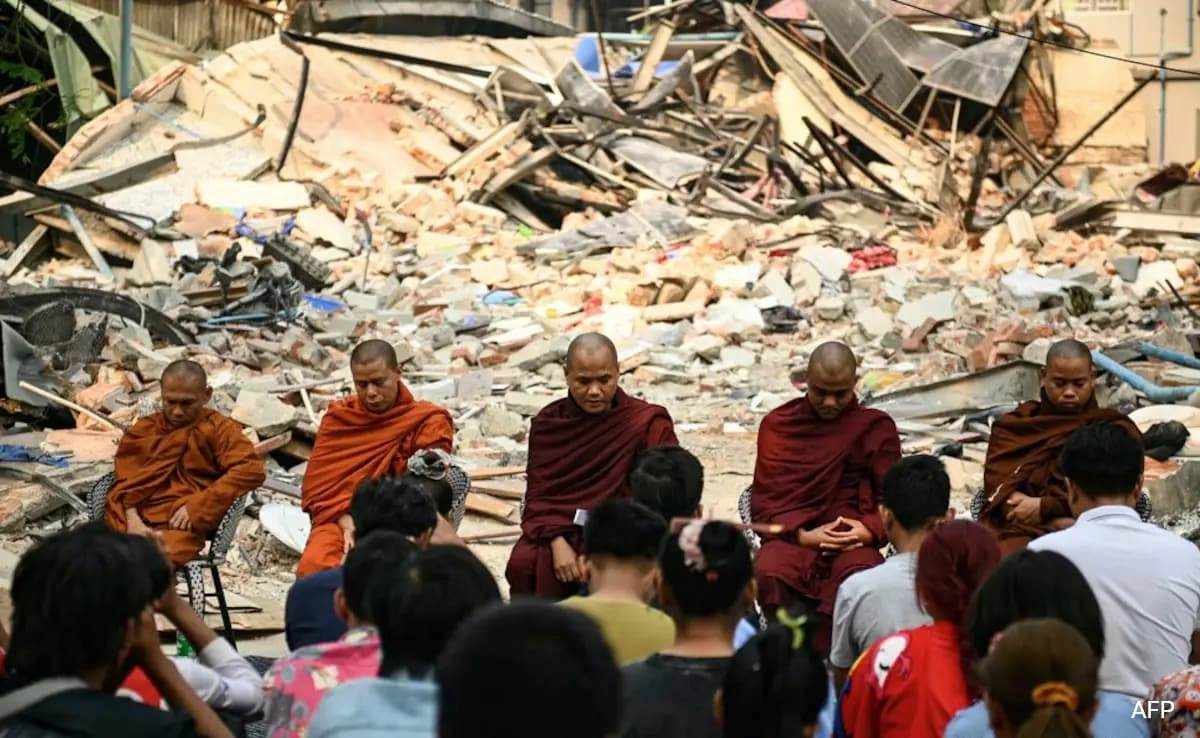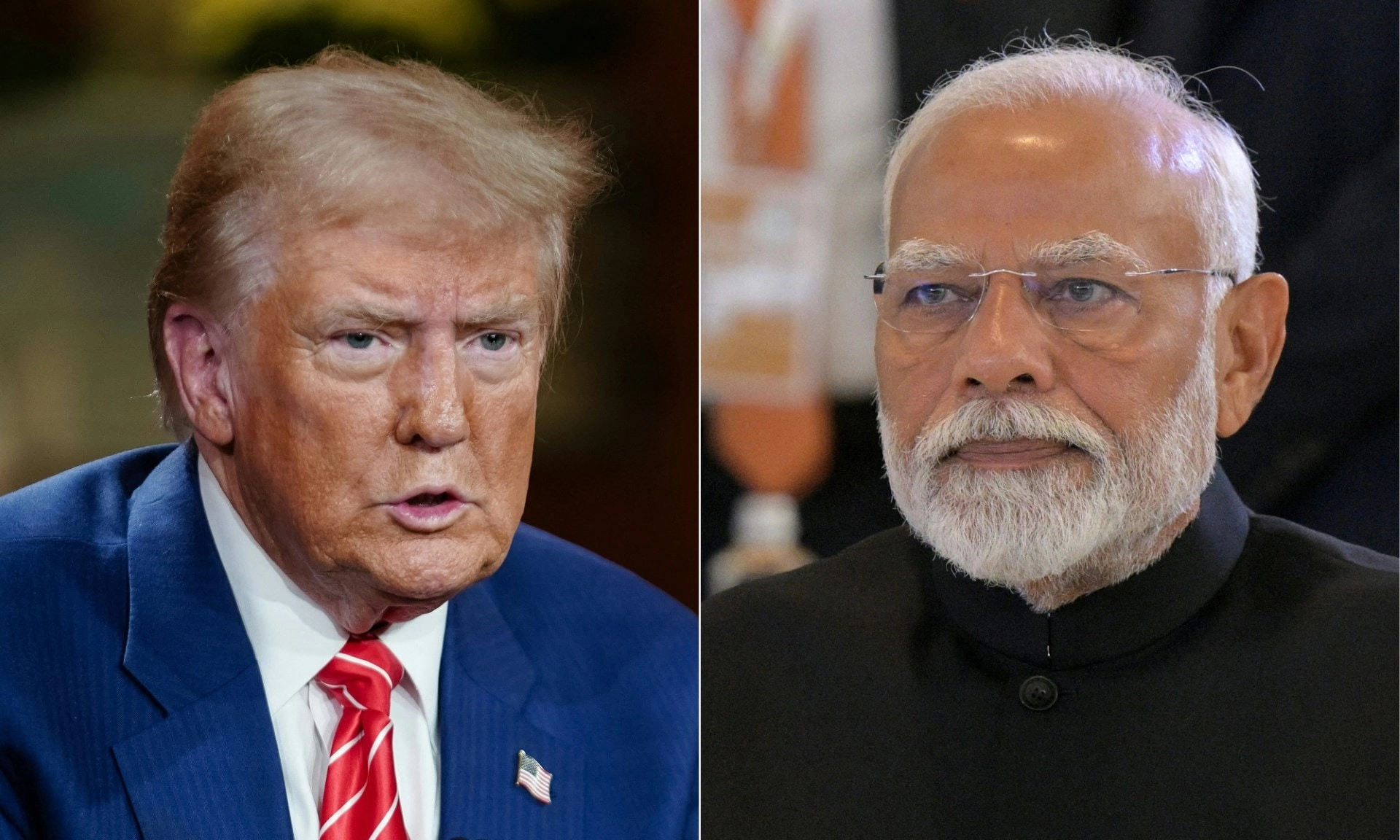In a significant move to address the escalating humanitarian crisis in Myanmar, the military junta has announced a temporary ceasefire aimed at facilitating relief efforts. This declaration comes in the wake of a devastating conflict that has claimed over 3,000 lives since the military coup in February 2021. The ongoing violence has severely disrupted access to essential services and humanitarian aid, exacerbating the plight of millions affected by the civil unrest. The junta’s decision to halt hostilities is seen as an attempt to garner international goodwill and alleviate mounting pressure over the dire conditions faced by the population.
The ceasefire is intended to create a safe environment for humanitarian organizations to deliver much-needed assistance to those in need. With many communities cut off from basic necessities, including food, medical supplies, and clean water, the situation has become increasingly critical. Numerous reports indicate that displaced families are struggling to survive in makeshift shelters, often with limited access to healthcare and sanitation. The junta’s announcement has been met with cautious optimism by aid agencies, which hope that this temporary halt in fighting will provide them with the opportunity to reach the most vulnerable populations and distribute essential resources effectively.
However, skepticism remains regarding the junta’s commitment to genuinely support relief efforts. Critics argue that previous ceasefires have been short-lived and often violated, leading to further suffering and instability. Human rights groups continue to call for a comprehensive solution to the ongoing conflict, emphasizing the need for dialogue and reconciliation rather than mere token gestures. As the international community watches closely, the true test will be whether the junta can translate this ceasefire into lasting peace and meaningful humanitarian access for those who have endured unimaginable hardships over the past few years.
The situation in Myanmar remains complex and fluid, with various ethnic armed groups and pro-democracy factions continuing to resist military rule. The humanitarian crisis is compounded by economic challenges, as the country grapples with inflation, unemployment, and the fallout from the COVID-19 pandemic. As the junta seeks to restore some semblance of stability, it must confront the deep-seated grievances of the population and address the root causes of the conflict. The ceasefire, while a necessary step, is merely the beginning of a long journey toward healing and rebuilding a nation in turmoil.




